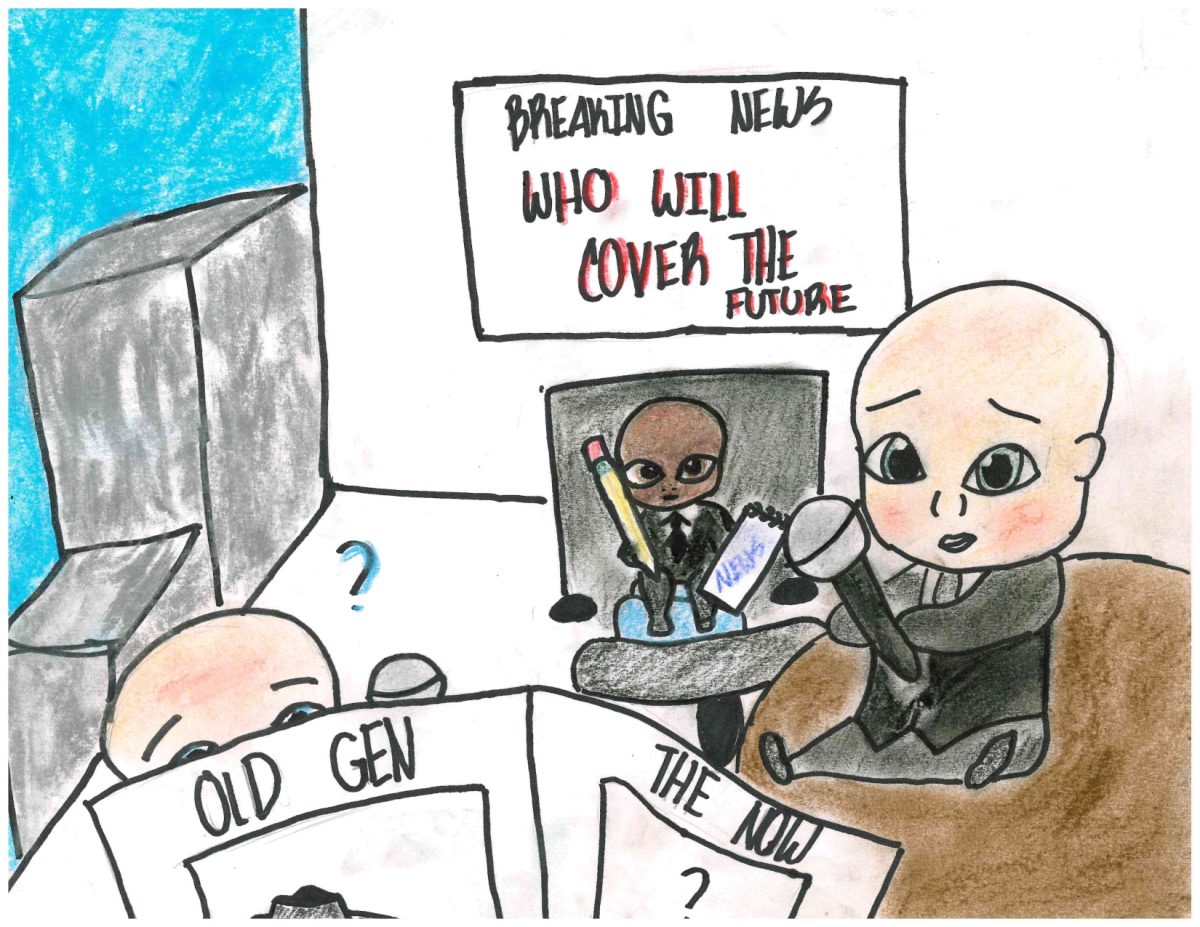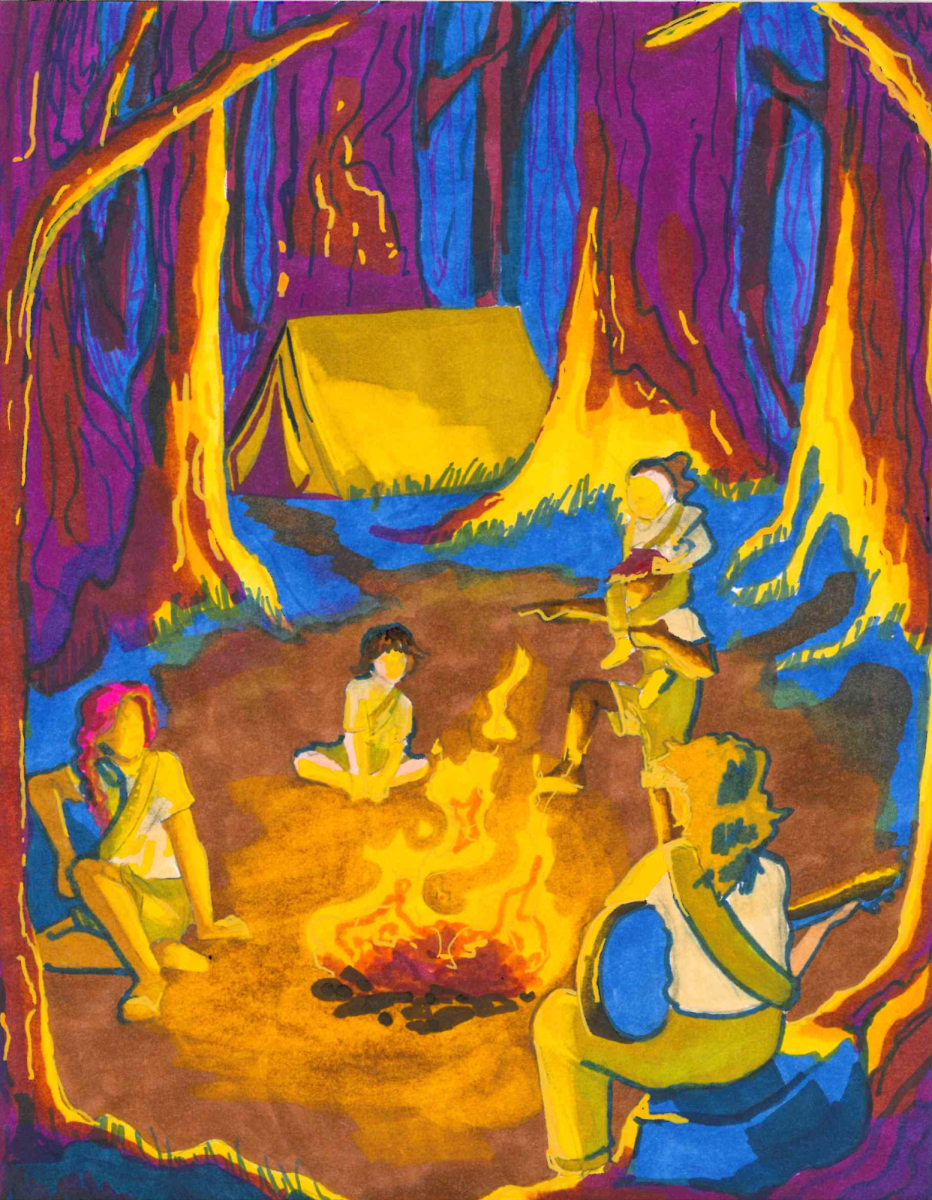The romanticism of dark situations has recently hit a spike in popularity. Romanticism is when something is described in an idealized or unrealistically positive fashion. Many people tend to romanticize things in their everyday lives to make them more interesting.
However, while romanticism can help bring out the positive aspects of situations, the question becomes when does romanticism go too far?
The answer to this is romanticism goes too far when it glorifies things that have no business being glorified.
By taking things like mental illness or serial killers and turning them into something attractive, a problem is being created.
The romanticism of mental illness may stem from the positive connotation it has when it comes to art. Many of the world’s most famous works of art and literature come from tortured souls that emerged out of the Romantic Era, which peaked from 1800 to 1850.
Van Gogh’s “Starry Night”, or Poe’s “The Tell Tale Heart” demonstrate pieces of art that have gained popularity and been attributed to the creators’ depression and loneliness.
The romantic aspect of mental illness could potentially stem from the interest of melancholy and isolation in producing art. There is something romantic in a sense about being alone and exploring life’s sorrows.
According to the Vincent Van Gogh Museum, Van Gogh is said to have suffered from manic depression throughout his life, especially at the peak of his career. He eventually succumbed to his fight with mental illness and he committed suicide on July 7, 1890.
As people we all long for a meaning, and we search for an answer to sometimes unanswerable questions.
Over the past few years, there’s been an increase in public fascination over serial killers such as Ted Bundy or Jeffrey Dahmer.
In 2017, there was a film released based on the novel “My Friend Dahmer,” by John Backderf who knew Dahmer in high school, and wrote the novel based on the behavior Dahmer expressed.
The romanticism of Dahmer that came from this film likely has something to do with the casting of the film as played by former Disney star Ross Lynch.
Lynch starred in films such as “Austin and Ally” and “Teen Beach Movie”.
Choosing him to play the role of a serial killer created conflict in some viewers, because when they were younger they saw Lynch in a very attractive and positive light.
In an interview with NewsWeek, Lynch discusses the irony of his new role.
“It’s a good headline, I can’t blame people,” Lynch said about “Disney Star Playing Serial Killer.”
By seeing their favorite childhood actor portraying Dahmer, people may begin to associate the real life serial killer with Lynch, causing them to romanticize Dahmer and his actions.
The boundaries between accepted and unacceptable keep blurring, as more and more people find ways to excuse a character’s and historical figure’s actions that exploit toxic traits.
People begin to romanticize dark things
Romanticising dark things creates a sense of idealism when it comes to things that are far from idealistic. This practice can be detrimental to our minds, and confuse us with what’s good and bad.
0
More to Discover
About the Contributor

Annabel Cunningham, Features Editor






